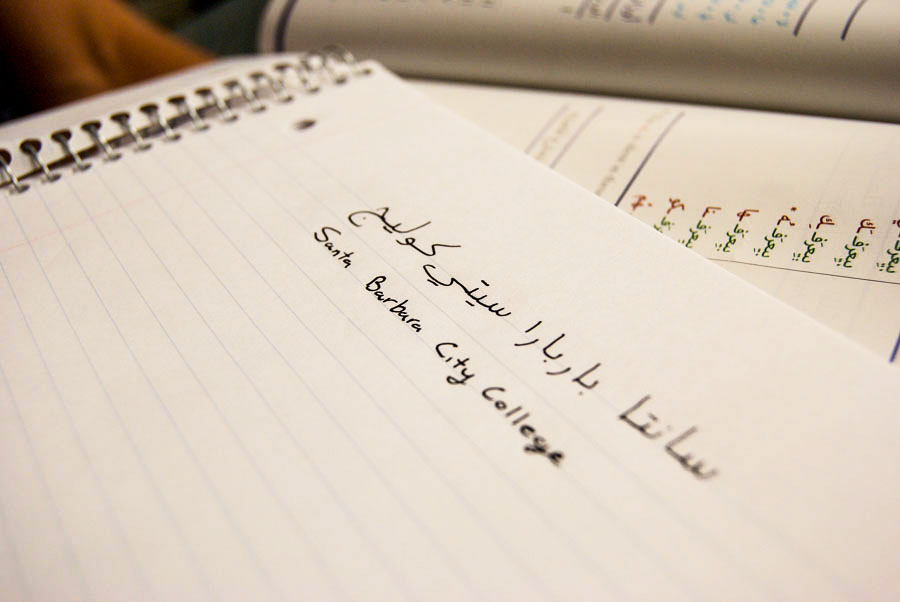Normally, Imam Yama Niazi wouldn’t have thought twice about the Middle-Eastern man stepping onto the plane with him. But recent events and the media’s coverage of Muslims got him thinking.
“The thought ran in my head, ‘is he like me, or is he like something else?’” Niazi said during a panel on islamophobia. “Just watching everything I watched on the news… that had an impact on me as a Muslim.”
Niazi joined five other panelists Wednesday night for a panel discussion at the Fé Bland Forum titled “Islamophobia: Its Impact on Our Community,” which included a current City College student, an alumna and a staff member. The goal of the discussion was to expose non-Muslim students to Islamic perspectives and to help them reconcile their misconceptions about the religion, according to Dr. Luis Giraldo, director of equity, diversity, and cultural competency.
The discussion covered a wide range of issues including why Muslim women wear the hijab and the difference between the words “Muslim” and “Islam.” Some of the panelists also shared their personal experiences with Islamophobia.
In addition to his stories of encounters with Transportation Security Administration officers, Niazi shared an anecdote with the audience about a recent shooting in Canada.
“One of the gentlemen that was killed, he looked really familiar. I looked at his face and I realized I had met that gentleman here in Santa Barbara,” he said. “What I recall is that he was one of the gentlest, nicest people I’ve ever met in my life. If [only the shooter] knew what that person was like.”
But the event wasn’t solely focused on the negative impacts of islamophobia. The panelists also spent time talking about some of the humanizing elements in the daily lives of Muslims.
“My daily life is just like everyone else’s,” said Akil Hill, senior admissions and record tech, with a laugh. “Today I called Yama from work and was like ‘What’re you doing bro?’ and he was like ‘I’m doing dishes.’”
One theme that ran throughout the discussion was openness. Several panelists argued that “relationship building,” as Niazi put it, and open dialogue and are key to dispelling islamophobic stereotypes.
Aiyah Wahab, a Muslim student who attended the discussion, shared that sentiment.
“I want people to ask me questions, even if you think it’s stupid or ignorant,” she said. “We can tell when it’s coming from people who genuinely want to know and from people who just want to harass us.”
The Student Equity Committee, a co-sponsor of the discussion, will host its next event, titled “Working with Students of Color: Tyrone Howard UCLA,” at 6 p.m on April 11 in the BC Forum.








